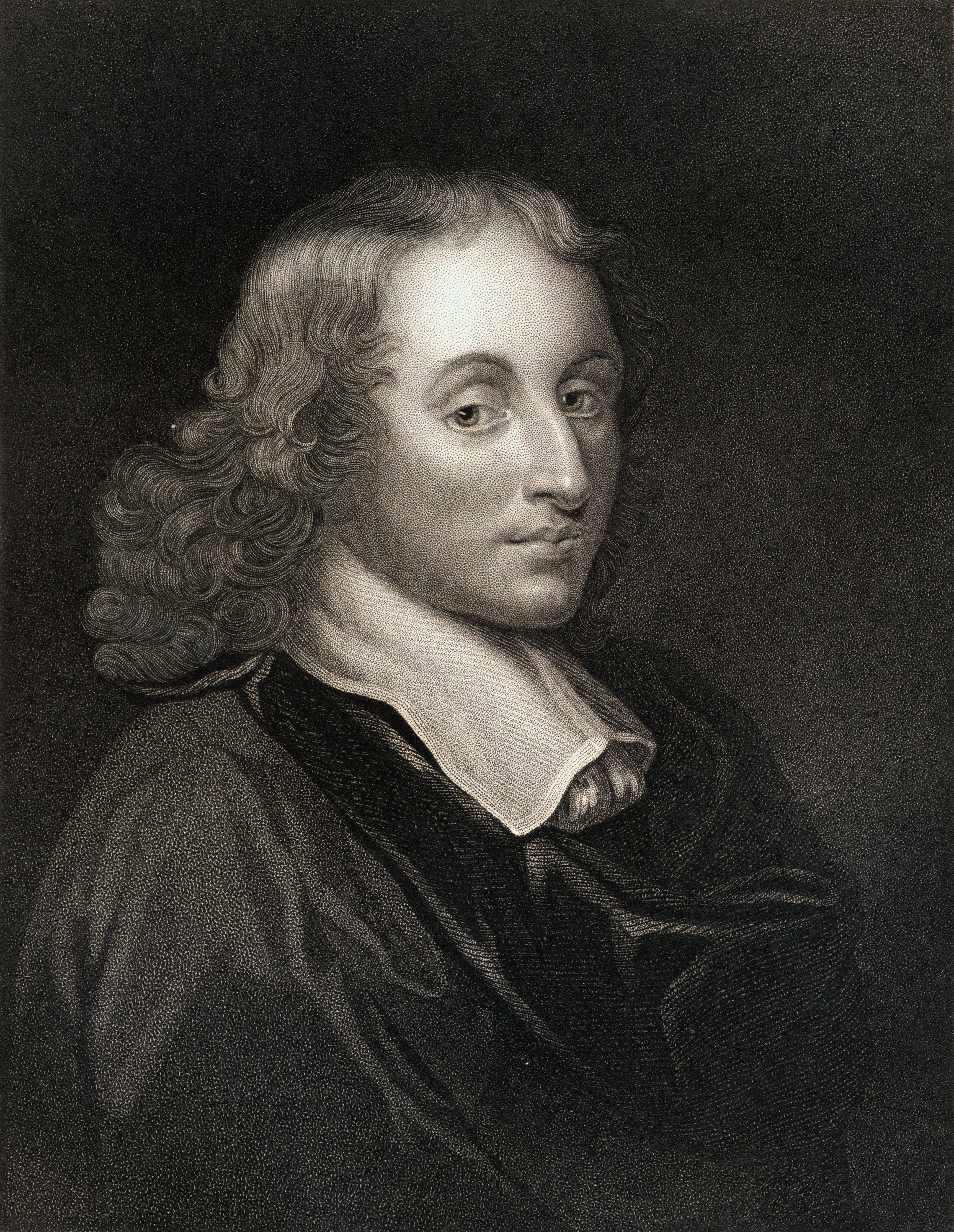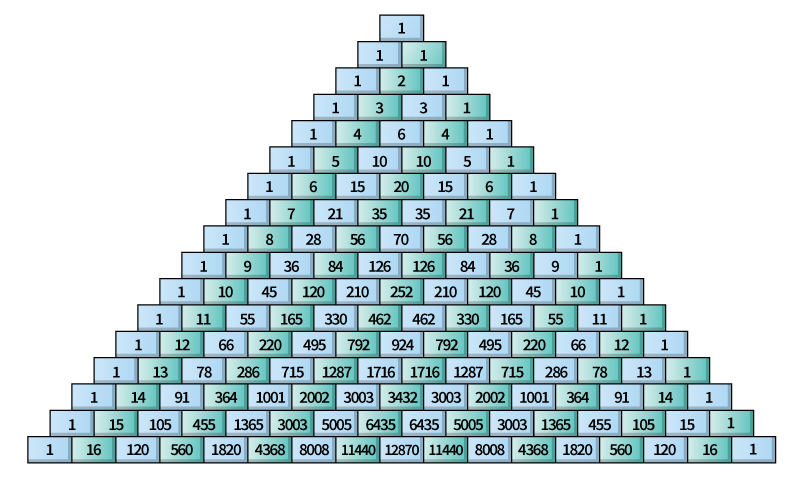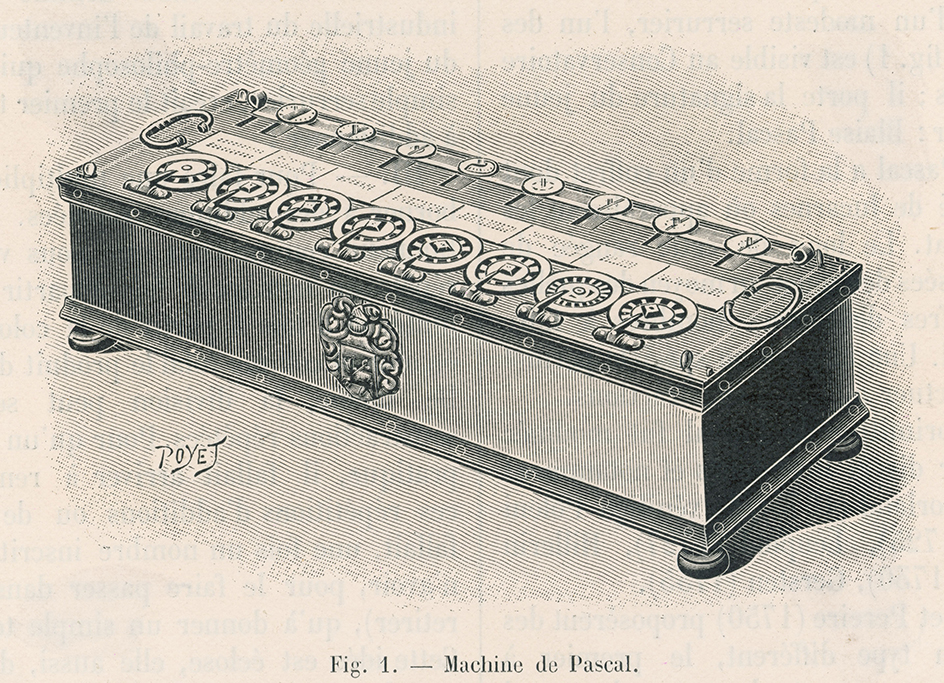Pascal, Blaise, << pas KAL or PAS kuhl, blehz >> (1623-1662), was a French physicist, mathematician, and philosopher. He became known for his experiments with fluids in physics and for his work on probability theory in mathematics. In a work called Provincial Letters, Pascal helped create a modern French prose style.

Pascal’s important work on the pressure of fluids produced the principle called Pascal’s law. This principle, developed in the 1650’s, states that fluid in vessels transmits pressure equally in all directions. It explains the operation of air compressors, vacuum pumps, and hydraulic elevators, jacks, and presses (see Pascal’s law ). Pascal’s experiments helped prove that air has weight and that air pressure can produce a vacuum. At the time, many scientists doubted that a vacuum could exist.
In 1654, Pascal and French mathematician Pierre de Fermat corresponded about the outcomes of games of chance. Their correspondence laid the foundation for a theory of probability. That same year, Pascal published a work on conic sections and described a triangular arrangement of numbers in which each number in any row is the sum of the two numbers immediately above it. This arrangement, called Pascal’s triangle, can be used to calculate probabilities. Pascal also invented a calculating machine that performed addition and subtraction.

Pascal was born on June 19, 1623, in Clermont-Ferrand. He showed brilliance as a mathematician while still a boy. Pascal became absorbed in a religious movement called Jansenism and in late 1654 entered a Jansenist convent at Port-Royal (see Jansen, Cornelius ). The Jesuit religious order charged the Jansenists with heresy and condemned Jansenist leader Antoine Arnauld. In reply, Pascal published 18 immensely popular satirical pamphlets called the Provincial Letters in 1656 and 1657.
From 1658 until his death on Aug. 19, 1662, Pascal worked on a defense of Christian faith. Fragments of this uncompleted work were discovered after his death and published as Pensees. This work expresses Pascal’s belief that there are limits to the truths reason can know, and that faith from the heart in Christian revelation is the primary guide to truths.

